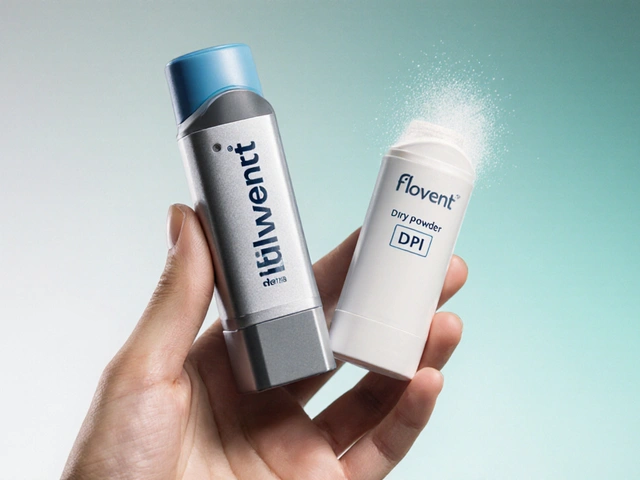Pyruvate Supplement: What It Is and Why People Use It
Pyruvate is a natural molecule that helps turn food into energy. Some folks take it as a supplement hoping to boost stamina, improve recovery, or support weight loss. The idea is simple: give your cells a little extra fuel so they work more efficiently. While the science is still catching up, many users report feeling a bit more energetic after a few weeks.
Key Benefits People Look For
First off, pyruvate may help with endurance. Athletes sometimes take it before a run or a bike ride because it can reduce the amount of lactate that builds up in muscles. Less lactate often means less burning and a smoother finish. A second benefit people chase is weight management. Some studies suggest pyruvate can modestly increase metabolism, which might help burn a few extra calories each day. Finally, a handful of users say it aids recovery after tough workouts, possibly by supporting faster replenishment of energy stores.
How to Take It Safely
Finding the right dose is the biggest question. Most manufacturers recommend between 500 mg and 2 g per day, split into two doses with meals. Starting low—say 500 mg in the morning—and watching how you feel is a safe way to begin. If you tolerate it well, you can gradually increase to 1 g per dose. Taking pyruvate with food helps avoid stomach upset, a common complaint when the supplement is taken on an empty stomach.
People with diabetes should be extra careful. Pyruvate can affect blood sugar levels, so checking your glucose before and after starting is smart. And, as with any supplement, talk to a doctor if you’re pregnant, nursing, or on medication that influences blood sugar or blood pressure.
Side effects are usually mild. Some users mention a slight nausea, headache, or an odd taste in the mouth. If anything feels off, stop the supplement for a few days and see if it improves. Most experts agree that pyruvate is low‑risk when you stick to the recommended range.
Choosing a Quality Product
Not all pyruvate powders are created equal. Look for brands that list the exact amount of “sodium pyruvate” or “calcium pyruvate” on the label—not just a vague “pyruvate blend.” Third‑party testing seals, like USP or NSF, add an extra layer of trust. Check for added fillers, artificial colors, or unnecessary sweeteners—these can cause extra stomach issues.
Price can vary. A 60‑capsule bottle of 500 mg capsules often costs between $15 and $30. If you find a deal that seems too good to be true, it probably is. Stick with reputable online pharmacies or health stores that have clear return policies.
Finally, remember that supplements are not a magic fix. Pairing pyruvate with a balanced diet, regular exercise, and good sleep will give you the best chance to see any benefit.
Got more questions about pyruvate? Check out our other articles on energy‑boosting supplements, or dive into the scientific studies we reference. We keep the info plain, practical, and up‑to‑date so you can make confident choices.

Pyruvate for Weight Loss: Evidence, Dosage, and Real Results (2025)
Does pyruvate help with fat loss? See what the science says, safe dosage, side effects, and how to use it with diet and training in 2025-NZ-friendly advice.
Aug 16 2025




